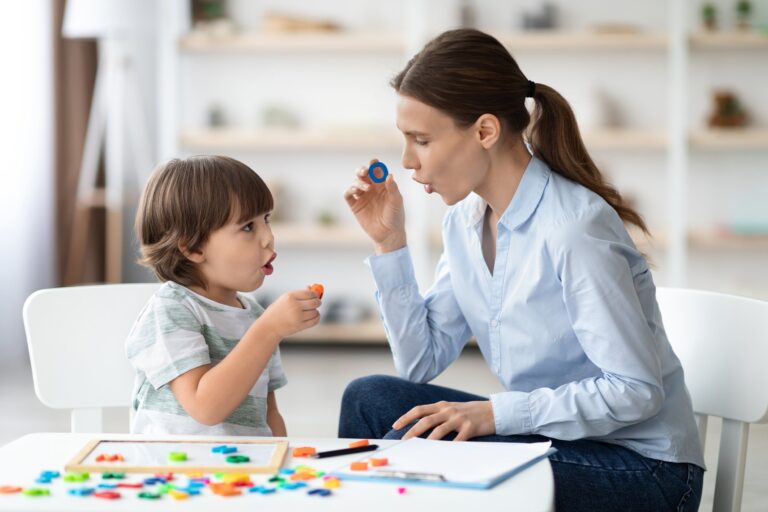Social interactions can be complex and challenging for children with autism. However, through specialized social skills groups, these children can learn and practice the necessary skills to navigate these challenges effectively. This article delves into the strategies employed in these groups, including guided practice, role-playing, and peer feedback, which are essential for fostering better social interactions.
The Importance of Guided Practice
Guided practice in social skills groups provides structured learning experiences under the supervision of skilled facilitators. This method allows children to learn through doing, which is crucial for building practical social skills.
Key aspects of guided practice include:
- Step-by-Step Learning: Breaking down social interactions into manageable steps helps children understand and master each component.
- Repetition: Regular practice of social skills ensures that children can learn at their own pace and solidify their understanding.
- Supportive Feedback: Immediate feedback from facilitators helps correct mistakes and reinforce positive behaviors in real-time.
Role-Playing as a Learning Tool
Role-playing is a powerful technique used in social skills groups to teach children how to respond to various social situations. By acting out scenarios, children can experiment with different ways of communicating and see the consequences of their actions in a controlled setting.
Benefits of role-playing include:
- Enhanced Empathy: Taking on different roles helps children understand other people’s perspectives.
- Problem Solving: Children learn to navigate social challenges and conflicts through guided scenarios.
- Confidence Building: Successful role-playing sessions can boost confidence, making real-life interactions less daunting.
The Value of Peer Feedback
Peer feedback is another critical element in social skills training. It allows children to receive input from their peers in a structured environment, which can be more relatable and impactful.
Advantages of peer feedback:
- Relatability: Feedback from peers who may share similar challenges can be more meaningful and easily accepted.
- Social Bonding: Giving and receiving feedback can help build trust and camaraderie among group members.
- Mutual Learning: Children learn not only by receiving feedback but also by observing and commenting on others’ interactions.
Choosing Effective Social Skills Programs
For parents and caregivers looking to enroll their child in a social skills group, choosing the right program is vital. Effective programs should employ a combination of guided practice, role-playing, and peer feedback, all facilitated by trained professionals who specialize in autism and social communication disorders.
When selecting a program, consider the following:
- Program Structure: Look for programs that offer a balanced approach with varied activities to keep children engaged.
- Facilitator Expertise: Ensure that the facilitators have the necessary training and experience to work effectively with children with autism.
- Peer Group Composition: Groups should consist of peers with similar social skill levels and goals to maximize learning outcomes.
Conclusion
Improving social interactions among children with autism requires targeted strategies that address their unique needs. Social skills groups that use guided practice, role-playing, and peer feedback are equipped to provide these children with the skills they need to succeed in social settings. For more detailed information on such programs and how they might benefit your child, you can visit website provided by riseupforautism.com. Here, you’ll find resources and support tailored specifically to enhancing the social capabilities of children with autism.

